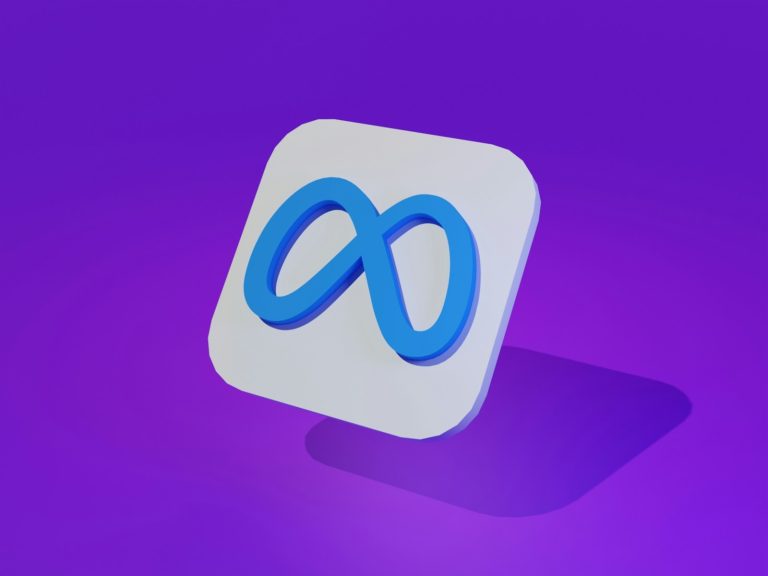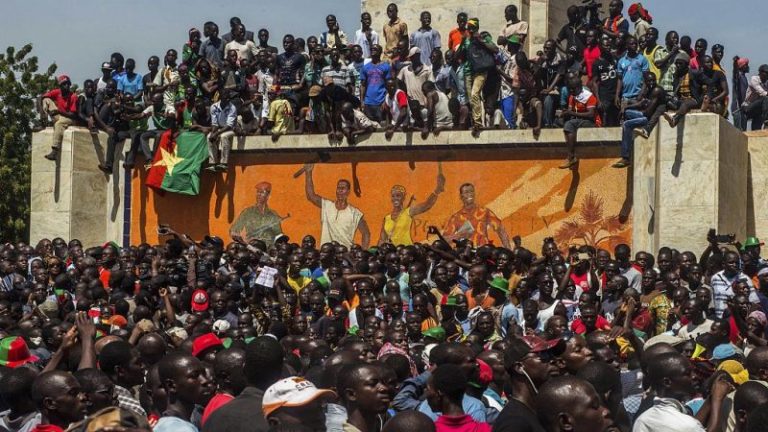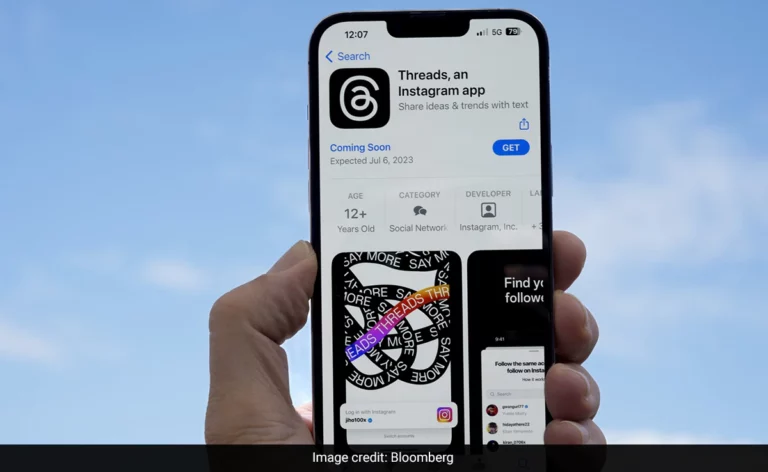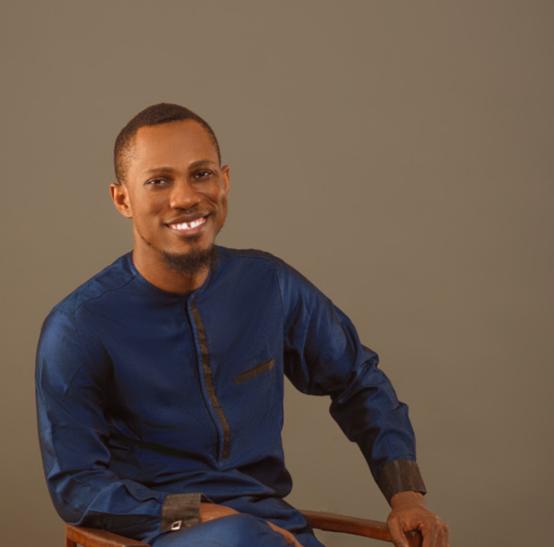How two Nigerian companies are using technology to transform the reuse of waste

Wura is a mobile app that allows you to give and receive used stuff from people in Nigeria that are close by or far away. Clothing, books, shoes, jewelry, headphones, and other products may be included. On the app, you may give away anything that is still useful and valuable.
After multiple scheduling problems, I spoke with Victor Boyle-Komolafe, GIVO Founder, early last week, very late on Tuesday night.
GIVO uses a community-based concept to collect recyclable materials from individuals, families, and businesses, which it then transforms into value commodities.
Although this is only one component of what the company does, it manufactured personal protective equipment (PPE) in response to the COVID-19 pandemic in 2020.
So, what drew me to speak with these two founders?
The worldwide issue
The vast trash landfill in Ojota is the first sight for many visitors traveling by road into Lagos State, Nigeria. The location has become rather famous, and not in a good way; it stinks to high heaven and is most likely a biohazard.
It is one of the state’s dumping areas for all garbage trucks. Despite the government’s best efforts, Lagos still has a garbage problem, as illustrated by the informal dumping areas — also known as gutters and canals — where many citizens dispose of their trash.
However, this isn’t simply a Lagos or Nigerian issue. This isn’t even an African issue. It’s far greater; it’s a global problem.
Every year, the world’s population generates 2.1 billion tonnes of waste, of which only 16% gets recycled. On the plus side, 700 million metric tonnes of CO2 emissions will not enter the atmosphere.
However, there is one small — or rather, enormous — problem: the world’s population continues to expand at an alarming rate. By 2050, Africa is anticipated to have a population of almost 2.5 billion people. At the moment, the continent is home to 1.3 billion people, according to reports.
The kicker is that as the world’s population rises, so does waste, with global waste estimated to increase by 70% by 2050.
In other words, a 16 percent recycling rate isn’t even close to being adequate; there’s still a lot of work to be done.
Wura’s unique selling point
Wura, which means gold in Yoruba, was launched by Kadiri in November 2021. It’s free to give and receive used products, and it’s available on the Google Play Store and the Apple App Store.
Wura is the result of Kadiri’s growing interest in sustainability and environmental preservation, as well as his desire to assist people in improving their attitudes about the world.
Since its inception, the app has attracted 354 users and distributed 47 products.
Signing up as a user on the platform is the first step in the giving and receiving cycle. So, while an user can browse the app’s many things, they won’t be able to give or receive anything unless they sign up and create an account.
One unique feature of the app is that the individual receiving the item does not have to pay any money. There are a set of Golden Rules in place to ensure that nothing bad happens. Users are urged to only receive items from people with a profile picture and report a giver who insists on collecting money from them.

The goal is to discourage people from discarding perfectly acceptable products that can be reused, hence minimizing waste. There are also plans to give the option of giving food away, but cultural concerns about taking meals from strangers remain a roadblock.
When you give or receive, the app also displays you how your activities influence the environment.
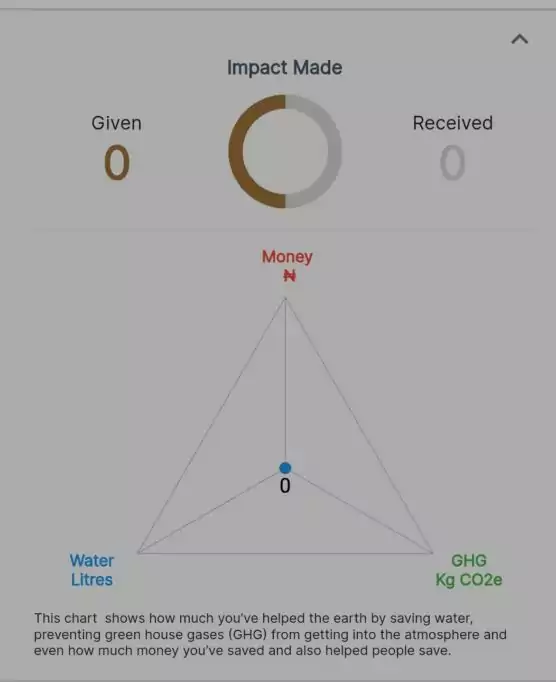
According to Kadiri, the app would not be commercialized for the next three to four years. If you ask me, it’s a shocking decision, but he has his reasons.
“For the time being, we’re focusing on expanding the number of transactions and sign-ups on the app, with the goal of eventually promoting sustainability businesses.” As a result, I believe that would be a viable revenue stream for us. As I previously stated, the goal is to modify people’s behavior to be more environmentally friendly.
“Anyone who uses the app is probably already of that mindset. As a result, we know that all of the advertisements or promotions on our platform are entirely eco-friendly.”
People’s views should change when they utilize Wura and realize how their activities help safeguard the environment by reducing CO2 emissions when they don’t just throw things away.
As people’s opinions change, they become more interested in environmental protection and, as a result, in firms that encourage sustainability.
Ambitious? Definitely. Doable? Maybe. It’ll be interesting to watch how this pans out in the end.
GIVO’s circular economy
Victor Boyle-Komolafe and the Capture Solution team participated in the Entrepreneurs Plastics Innovation Challenge (EPIC) sponsored by Coca-Cola and the HYBR Group in 2018, and the result was GIVO, or Garbage In, Value Out.
EPIC is an innovation competition aimed at finding sustainable ways to eliminate plastic waste in Nigeria by identifying, developing, and scaling promising circular technologies from entrepreneurs, wherever they may be.
GIVO is a technological company, not a recycling company, according to Boyle-Komolafe.
“As techies, we came into this space.” We want to conserve the environment while while expanding.”
Nothing exemplifies the company’s decision more than its collaboration with the University of Warwick in the United Kingdom, De Montfort University in Leicester, and Chatham House to study the best ways to expand sustainability firms.
What is the purpose of GIVO?
GIVO has two key value propositions as a company: maker and collector. As a manufacturer, the company creates plastic sheets from recycled materials that it sells to construction and furniture companies. Boyle-Komolafe, on the other hand, believes it is not as scalable as other components of the company.
As a collector, GIVO develops women/youth-led community centers that collect rubbish within a 2-3-kilometer radius; he emphasizes that this is a conscious decision.
“There will always be recyclables within a 2-kilometer radius.” So you know you’ve got a steady market share.”
The entire process is digitized, from collecting to sorting to shredding, using the Internet of Things (IoT), mobile apps, and 2D scanners. In Nigeria, there are now two GIVO centers, with plans to open three more by the end of the first quarter of 2022. Each center collects 90 tonnes each year, according to Boyle-Komolafe. Next year, there are also plans to franchise the centers, with GIVO taking a cut of the profits.
He does, however, mention that collection is motivated by incentives.
The corporation also collects a lot of data from the GIVO centers, which it may subsequently sell as aggregate data to the government or companies for a variety of purposes.
“For instance, imagine that the government has limited resources and you’re attempting to prepare for the next cancer center or a liver care center. All that is required is to look through our database and find the GIVO center that is collecting or receiving the most alcoholic drinks while not having a bar or restaurant as a big client.”
This type of data could be used to determine where a liver-related illness outbreak is likely to occur, as well as to advise government choices.
He also claims that businesses can use it to determine the performance of specific advertising initiatives.
Celebrating recycling heroes
Kadiri and Boyle-Komolafe both see recycling as a long-term investment. To ensure that the original purpose of sustainability is not lost, meticulous planning and implementation are required.
The process begins with people being educated and, in the case of GIVO, being incentivised to grasp the circular economy of buy-reuse/recycle-buy.
The task ahead is still laborious and time-consuming, but it will be gratifying.


